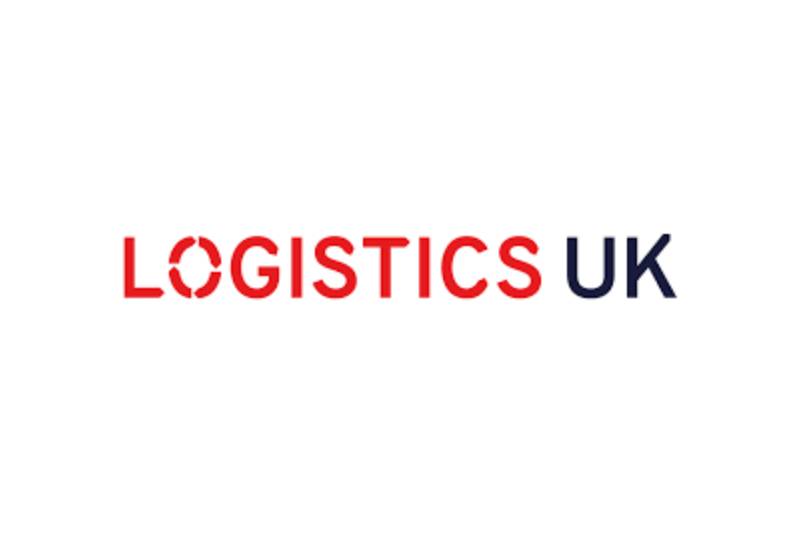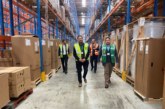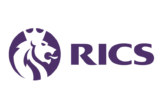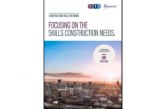
Logistics UK is warning the government it needs to do more to stimulate economic activity and restore consumer confidence after the COVID-19 pandemic, after the group’s own research indicated that the nation’s businesses are stagnating, after two months’ of cautious re-opening.
As David Wells, the group’s Chief Executive explains, consumer caution and an unclear path back to ‘business as normal’ is hindering companies in all sectors from opening up completely, and government needs to step in decisively to avoid massive redundancies and further damage to the long-term prospects of UK PLC: “Logistics is a perfect barometer of economic activity because it is at the heart of every industry in the country, delivering raw materials and finished items to factories, offices, hospitals, schools, shops and homes. Through some of the critical services we supply to industry, and our ongoing research, we have access to tens of thousands of data points on levels of activity in the economy every day, and what the numbers tell us is increasingly worrying.
“While the rate of growth was encouraging as the country came out of lockdown, driven by the reopening of some sectors of the economy, that pace of expansion has now slowed to a crawl. While our larger operators are holding steady, SMEs across the sector are finding things increasingly tough, with less subcontracted work, squeezed rates and fewer jobs of their own to sustain the recovery. This is bad news for the economy, for employees and for the longer-term future prosperity of our nation and does not tally with the expected ‘bounce back’ or ‘recovery’ we have been told is under way.
“Logistics businesses of all types are finding it increasingly difficult to remain solvent, with the end of the furloughing scheme fast approaching and it will become more expensive for those who remain in the scheme,” he continues. “At the same time, faltering growth is delivering little or no uplift in revenues to meet government demands for repayment of deferred taxes and increased staff costs. Forget the credit crunch – without a strong, consistent recovery in economic activity, businesses are now facing a cash crunch and their survival is in doubt.
“Either we need a strategy to stimulate demand, and generate growth, or a strategy for containing infection, which will require a significant support package for the long term right across the economy – at the moment, we have neither. Because of the risk of a second wave of the pandemic, government might well be apprehensive about opening up the economy further. But if the strategy is to slow or reverse growth in order to stem infections, then urgent action is needed to protect struggling businesses to avoid an avalanche of redundancies and insolvencies. Currently, business is caught in the middle without a plan for either strategy, and a vacuum of government policy, advice and action, and that’s the most dangerous place to be.”
As Mr Wells concludes, “Without urgent action and a clear strategy to re-start or re-stop the recovery, the recent flurry of redundancies from big brands like Marks & Spencer and Harrods will only be the tip of a fast-approaching iceberg.”
For more information about the organisation and its work, including its ground-breaking research into the impacts of COVID-19 on the whole supply chain, please visit logistics.org.uk.









